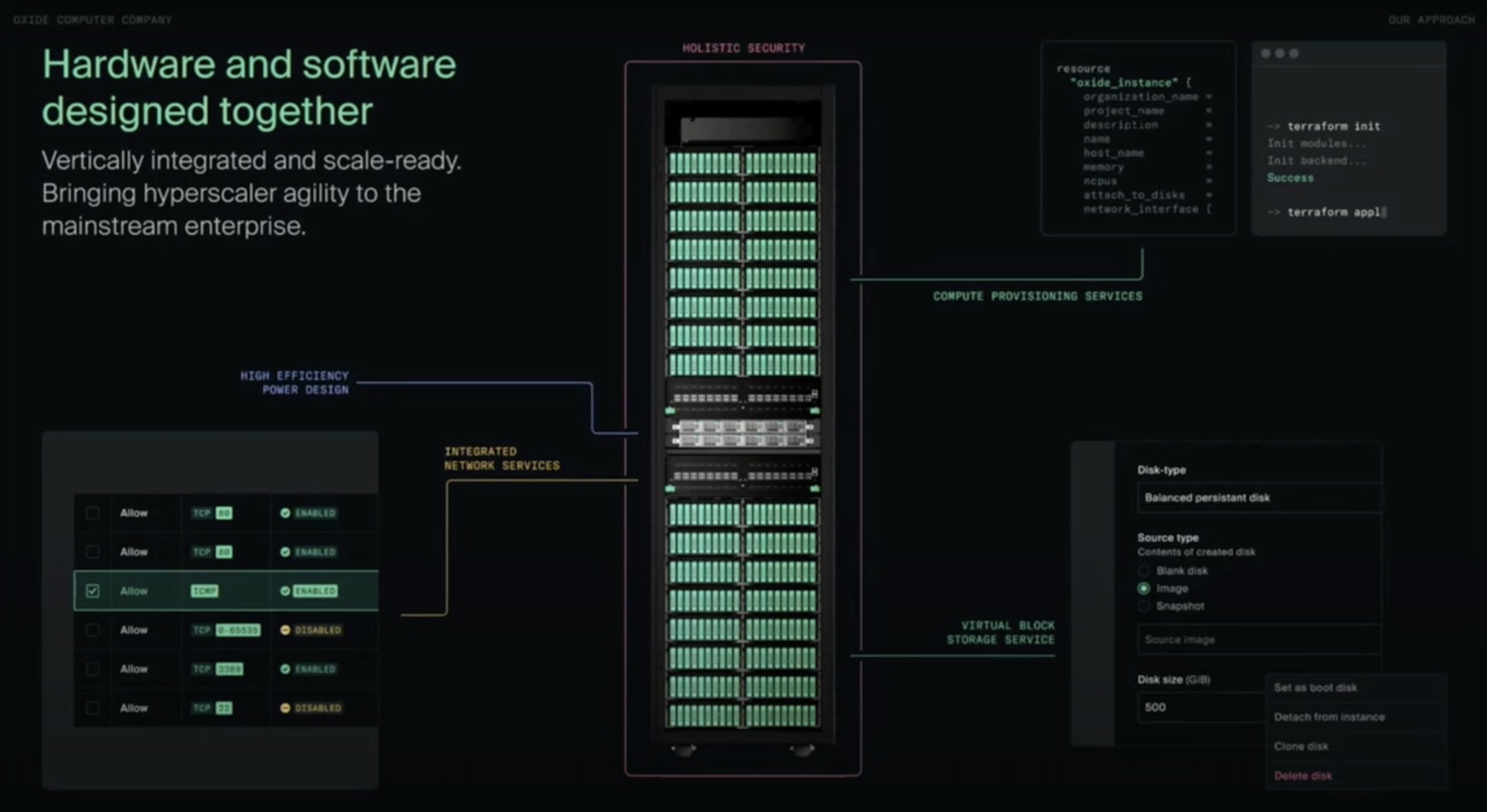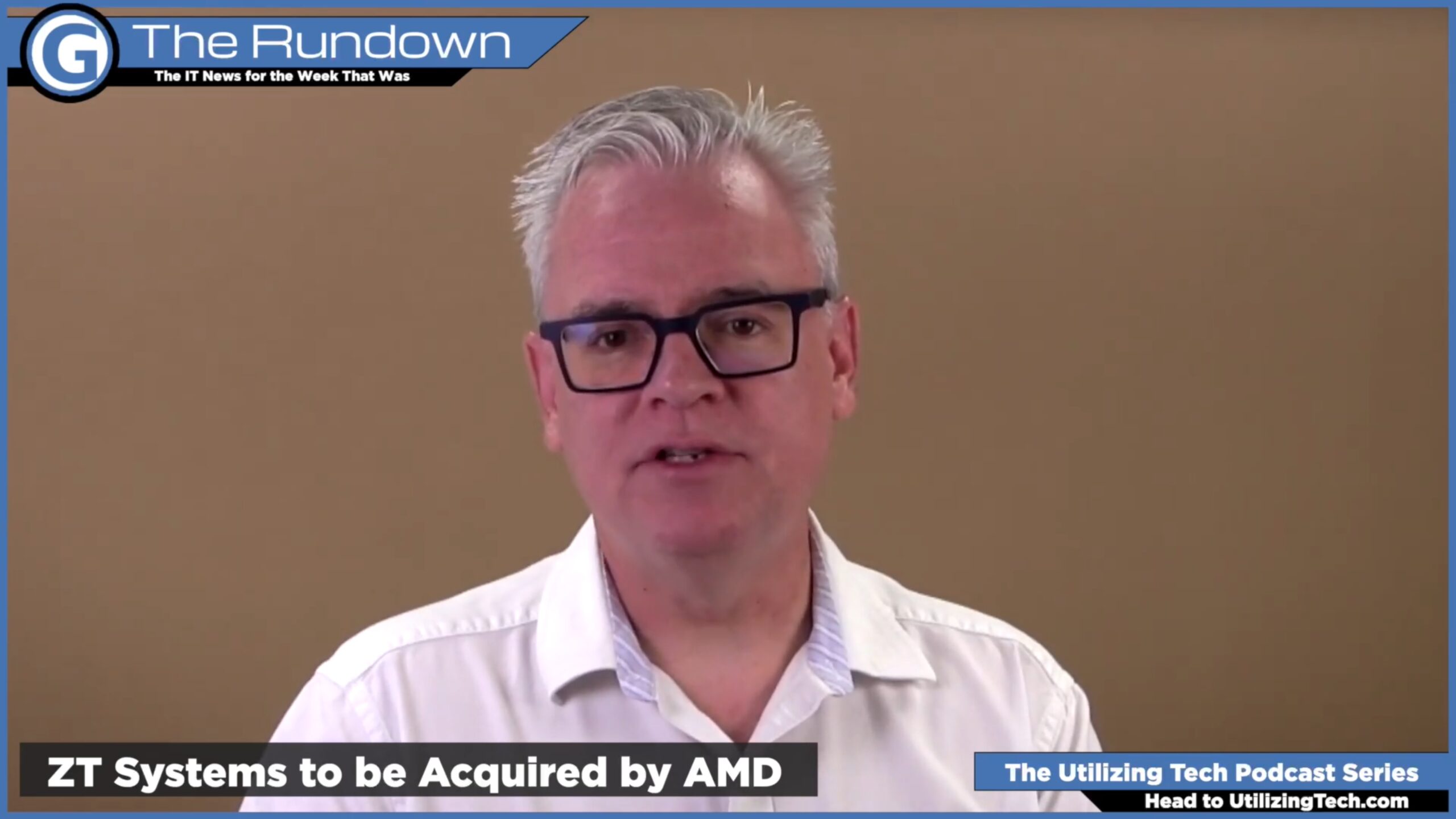At Gestalt IT, we’re no stranger to the contentious confusion over “premise” vs “premises” (have you seen our podcast?). Dave Henry wrote up his thoughts on the mini-controversy. They’re well reasoned and I agree with his ultimate conclusion. There’s simply more precise verbiage available that makes the entire argument moot.
But I have to take some issue with Dave’s process up to that point. To prove the phrase “on-premise” is inaccurate when speaking of infrastructure, Dave first thought was to turn to the Oxford English Dictionary. After realizing the OED is behind a rather punitive paywall, he opted for Merriam-Webster.
The different between these two references is actually the reason I disagree with Dave. Noah Webster started his dictionary in the hopes of standardizing American speech. In the 18th and into the 19th century, spelling was more a matter of personal taste, or perhaps societal position, than a strictly codified system. So the Merriam-Webster dictionary represents this codification by deeming some spellings and meanings as correct, with all others being by exclusion wrong.
The Oxford English Dictionary actually has a completely different goal. Every year, when the OED releases its list of words added, people get up in arms. They rail at the bastardization of English these admissions concede. Remember when everyone discovered their definition of “literally” included that it could be used to indicate that something was <gasp> figurative?! It’s because the OED’s mission is to list how people are actually using language, not to be a bastion of grammatical purity.
In his article, Dave states “words mean things”. To be more exact, in a Saussurean schema, words are in fact signs. The vocal sound, or word image, we mentally consume is arbitrary. What makes words “mean things”, is the underlying pre-verbal idea behind them, known in linguistics as a signifier.
The OED recognizes this arbitrary distinction, that what words mean can, and often does, change over time. If the editors of the OED were more in tune with current trends in IT, I guarantee that on-premise would already have the annotation “see on-premises”.
Language is a messy affair, one constantly pushed and pulled by us sloppy humans using it as best we can. Language exists to be understood. We can rail against a usage all we want, but as long as it is fundamentally communicative, it will stick around. Dave states that the use of the phrase is lazy. I don’t deny that. But so are contractions. So are using prepositions to end a sentence with. Laziness has never stopped mass adoption as long as it doesn’t break communication. You may roll your eyes at on-prem/on-premise, and realize you’re talking to Marketing the second you hear it. But the times you could functionally confuse on-premise and on-premises is fairly remote (reader: yes I know you just thought of an example, you’re very smart).
Like I said at the beginning of the piece, I actually agree with Dave’s conclusion. The real answer is to simply use “on-site”, which is shorter and honestly more appropriate for how we intend to use on-premises. I often think on-premises is preferred because it sounds somewhat fancier, a bulwark of sophistication in the face of the marketability of “the cloud”.
I really appreciate the thoughtfulness of Dave Henry’s post. Neither of us are ending this debate, but it’s an interesting thought exercise. Though we differ on our views, we came to the same conclusion. Can’t we all just get on-site?
Dave Henry comments:
If you’ve ever listened to, or been involved in, a conversation about Cloud, you’re familiar with the idea that the infrastructure that runs any specific cloud can be either on-premises (local or private cloud), off-premises (remote or public cloud), or a combination of both (hybrid cloud).
If you’re familiar with that, then I feel safe predicting that you’re also familiar with the seemingly-eternal debate over whether the term is “premises”, “premise”, or if it actually matters. In this case, there is, in fact, only one correct answer.
Read more at: Premise vs. Premises: A Modest Proposal






Rich,
I’m in full agreement about on-site being preferred but as I told Dave the OED (British English dictionary but British English and ‘merican are different dialects. If the OED ruled our lives we’d need a lot more “u”s.
For ‘merican the American Heritage Dictionary is the best reference.
As long as we’re being picky… roll not role. Thanks for the perspective.
.
You are correct. I can’t believe Rich got that wrong. Fixed.